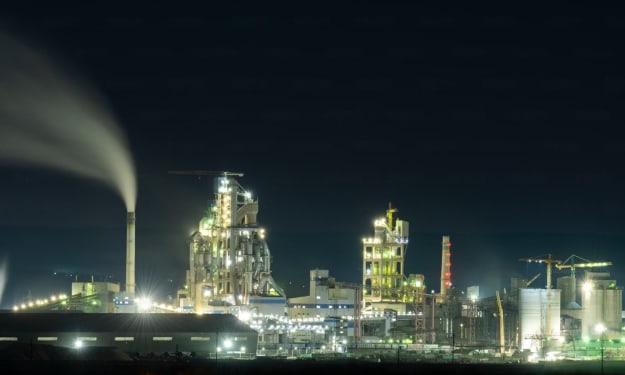
This chimpanzee stumbles throughout a windfall of overripe plums.
a lot of them have split open,
drawing him to their intoxicating fruity scent.
He gorges himself
and begins to enjoy a few… odd outcomes.
This unwitting ape has came upon a system
that humans will finally harness
to create beer, wine, and other alcoholic drinks.
The sugars in overripe fruit appeal to microscopic organisms
known as yeasts.
as the yeasts feed on the fruit sugars they produce a compound referred to as ethanol—
the type of alcohol in alcoholic drinks.
This manner is called fermentation.
no person is aware of precisely whilst
humans started to create fermented liquids.
The earliest recognized proof comes from 7,000 BCE in China,
in which residue in clay pots
has discovered that human beings were making an alcoholic beverage
from fermented rice, millet, grapes, and honey.
within some thousand years,
cultures all over the world had been fermenting their personal beverages.
historic Mesopotamians and Egyptians made beer at some stage in the year
from saved cereal grains.
This beer turned into available to all social instructions,
and workers even received it of their each day rations.
in addition they made wine,
however due to the fact the climate wasn’t ideal for growing grapes,
it become a unprecedented and high-priced delicacy.
by means of contrast, in Greece and Rome, in which grapes grew more without problems,
wine become as quite simply available as beer changed into in Egypt and Mesopotamia.
because yeasts will ferment basically any plant sugars,
ancient peoples made alcohol
from anything crops and plant life grew where they lived.
In South america, human beings made chicha from grains,
once in a while adding hallucinogenic herbs.
In what’s now Mexico, pulque, crafted from cactus sap,
became the drink of choice,
at the same time as East Africans made banana and palm beer.
And inside the place that’s now Japan, people made sake from rice.
nearly every place of the globe had its very own fermented drinks.
As alcohol intake have become a part of ordinary life,
some authorities latched onto effects they perceived as high-quality—
Greek physicians taken into consideration wine to be desirable for health,
and poets testified to its creative traits.
Others had been greater worried approximately alcohol’s capacity for abuse.
Greek philosophers promoted temperance.
Early Jewish and Christian writers in Europe included wine into rituals
however taken into consideration excessive intoxication a sin.
And in the center east, Africa, and Spain,
an Islamic rule in opposition to praying even as drunk
gradually solidified right into a widespread ban on alcohol.
ancient fermented drinks had distinctly low alcohol content.
At approximately 13% alcohol,
the with the aid of-merchandise wild yeasts generate at some point of fermentation
turn out to be toxic and kill them.
when the yeasts die,
fermentation stops and the alcohol content material stages off.
So for lots of years, alcohol content was restrained.
that modified with the discovery of a process
known as distillation.
9th century Arabic writings describe boiling fermented beverages
to vaporize the alcohol in them.
Alcohol boils at a decrease temperature than water,
so it vaporizes first.
seize this vapor, cool it down, and what’s left is liquid alcohol
lots greater concentrated than any fermented beverage.
at the beginning, these more potent spirits have been used for medicinal purposes.
Then, spirits have become an vital exchange commodity
due to the fact, not like beer and wine, they didn’t damage.
Rum crafted from sugar
harvested in ecu colonies in the Caribbean
became a staple for sailors
and was traded to North the usa.
Europeans introduced brandy and gin to Africa
and traded it for enslaved people, land,
and goods like palm oil and rubber.
Spirits became a form of money in these regions.
during the Age of Exploration,
spirits played a essential role in lengthy distance sea voyages.
crusing from Europe to east Asia and the Americas ought to take months,
and retaining water fresh for the crews turned into a undertaking.
including a bucket of brandy to a water barrel saved water clean longer
due to the fact alcohol is a preservative that kills dangerous microbes.
So by the 1600s,
alcohol had long gone from honestly giving animals a buzz
to fueling international change and exploration— in conjunction with all their outcomes.
As time went on,
its function in human society would only get greater complicated.





Comments
There are no comments for this story
Be the first to respond and start the conversation.